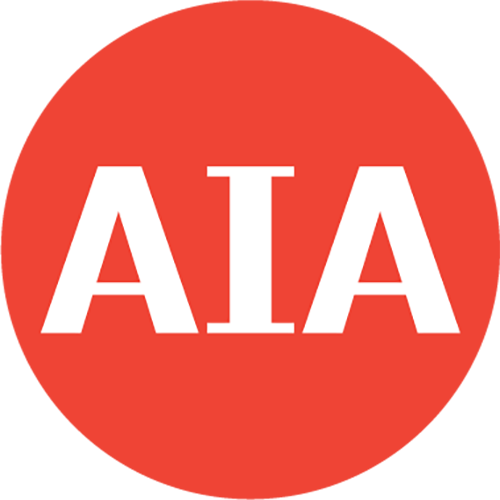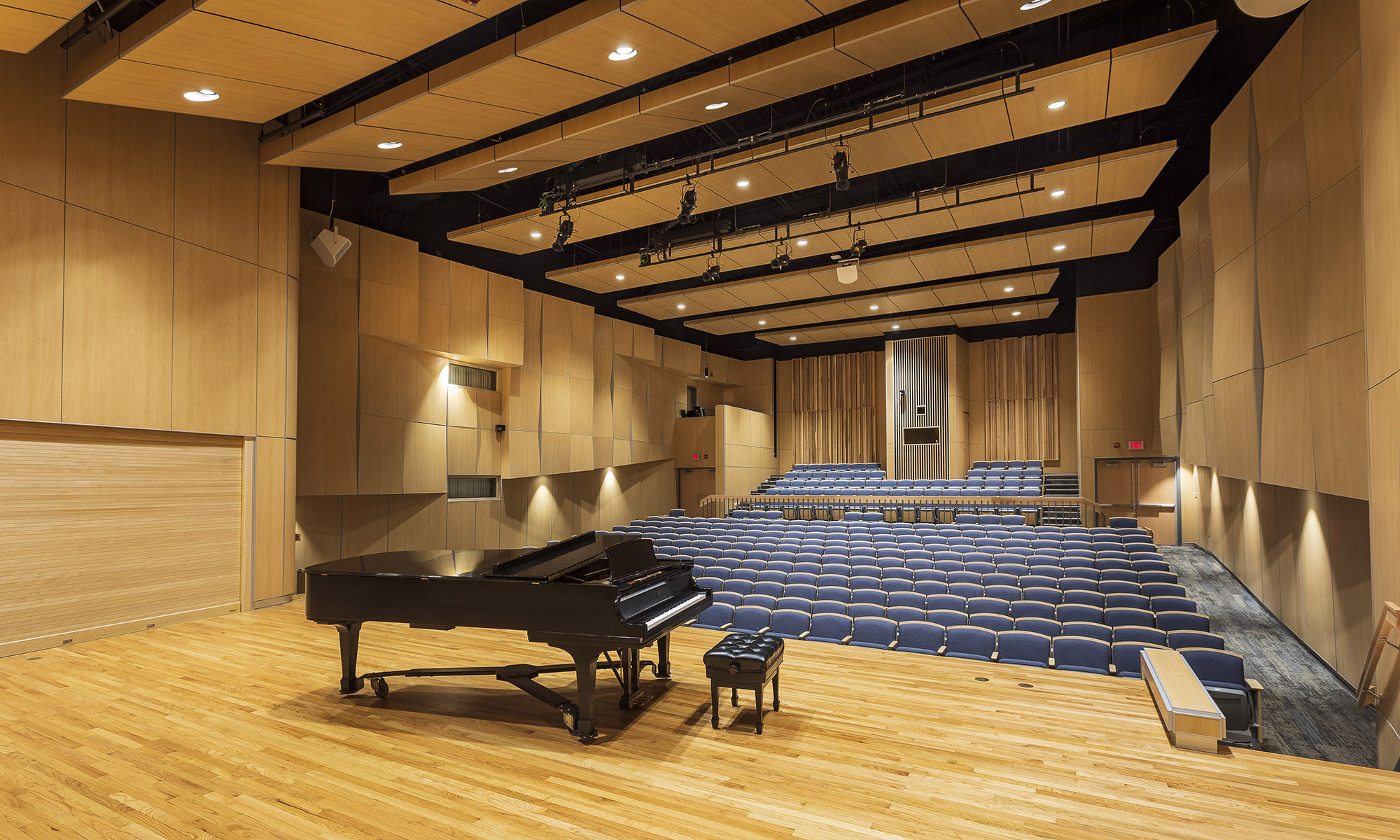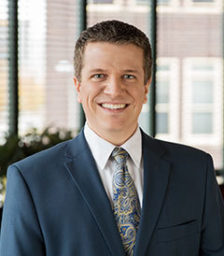Justin G. Smith is an attorney and shareholder with the firm Woods, Fuller, Shultz & Smith P.C. He joined the firm in 2006 following graduation from Oklahoma City University School of Law. He completed his undergraduate studies at Christendom College. For almost ten years, Justin has maintained a government relations practice. This practice includes lobbying the South Dakota legislature each year in the state Capitol. His law practice focuses on administrative and regulatory law, business and corporate practice, and commercial litigation. Justin and his wife have four children and live in Sioux Falls.
For the second year in a row, Justin is lobbying on behalf of AIA South Dakota. During the annual legislative session, Justin is in Pierre full time on behalf of multiple clients. He works with the board of directors of AIA South Dakota to formulate advocacy positions on bills of interest to AIA. In 2018, for example, Justin advised AIA South Dakota on Governor Daugaard’s Temporary Professional Licensure Compact. That legislation would have allowed out-of-state professionals to receive temporary licenses without testing or other protocols. AIA South Dakota, AIA National, and NCARB determined the bill would have risked public health and safety, including the architectural profession. Justin worked closely with the board of AIA South Dakota and advocated for the defeat of the Temporary Licensure Compact.
Throughout the 2019 legislative session, Justin has continued to work with AIA South Dakota on a list of additional bills. In addition, Justin has arranged meetings between representatives of AIA South Dakota and NCARB with a large number of current legislators and the Governor’s Office. These meetings have allowed AIA to share its advocacy message with state government. The following is a list of the major bills on which AIA South Dakota has taken a position; commentary of the bills provided by Justin Smith:
1. HB 1111 – Military Licensure: This legislation would expedite the process for active-duty military and their spouses to obtain an occupational or professional license in South Dakota. The bill has been thoroughly reviewed and analyzed by AIA South Dakota and its members. In fact, AIA was involved in the discussions on drafting of the bill in November and December. AIA South Dakota has supported the bill and Justin has lobbied in favor of the legislation. The bill passed the House of Representatives 66-0 on February 11 and is now awaiting its first hearing in the Senate.
2. HB 1123 – Tracking of Hours for State Government Contractors: This legislation was introduced at the request of TransparentBusiness, Inc., a software company that sells verification software to government contractors across the country. While there are at least 3 or 4 other companies selling similar software, TransparentBusiness is one of the market leaders. The software is installed on the computers of professionals providing contract services to state government, such as lawyers, architects, accountants, and others. Through tracking of keystrokes and mouse clicks, the software verifies the work being performed as part of the state contract.
TransparentBusiness argued that mandating such software keeps contractors accountable to taxpayers and assists state government in its stewardship over taxpayer funds. The company claimed its software (and HB 1123) will screen out sensitive or protected information like SSNs, attorney-client privileged material, and information protected by HIPAA. In addition, TransparentBusiness argued this type of software is “the future,” and those who argue against this type of legislation are (i) stuck in the past, and (ii) asking the legislature not to hold them accountable. According to the company’s lobbyists, similar bills passed in 3-4 other states last year and have been introduced in South Dakota and other states this year.
HB 1123 was assigned to the House State Affairs Committee, and had its first hearing Friday, February 8. AIA South Dakota opposed the legislation and Justin lobbied and testified against the bill. The House State Affairs Committee voted unanimously to defeat the bill 12-0. However, we believe the legislation may be resurrected in the next three weeks in a more limited form. While the new version of the bill may not apply to architects, AIA South Dakota will continue to oppose the bill as unnecessary and a slippery slope to full implementation.
3. HB 1139 – Repeal Limitations on Use of School Capital Outlay Funds: This bill would have repealed portions of the school-funding formula enacted during the 2016 legislative session, as part of the half-penny sales tax increase for teacher pay. The provisions repealed in HB 1139 limited the uses to which school districts could put capital outlay dollars.
AIA South Dakota was asked to support the legislation given the implications for school construction projects across the state. The Association of General Contractors ultimately voted to support the bill. While the directors of AIA South Dakota were considering an advocacy position, the bill came up for a vote in the House of Representatives. The House defeated the bill on a vote of 33-35, and a motion was made to reconsider the vote. The motion to reconsider failed to garner sufficient support and the bill was defeated for 2019 on February 20. AIA South Dakota will continue to monitor similar legislation in future sessions.
4. HB 1141 – Change Limitations on Use of School Capital Outlay Funds: Similar to HB 1139, HB 1141 would have adjusted the statutory limitations placed on use of capital outlay funds during the 2016 legislative session. HB 1141, however, would not have repealed the limitations, but rather increased the limits enacted in the statutes. As with HB 1139, AIA South Dakota was considering taking an advocacy position on HB 1141 when the bill came up for its first committee hearing. The House Taxation Committee voted on February 21 to defeat the bill on a vote of 10-2. AIA South Dakota will continue to monitor similar legislation in future sessions.
5. SB 166 – Occupational Licensure Placeholder: This was Senator Wayne Steinhauer’s placeholder, filed at the request of Americans for Prosperity. According to Sen. Steinhauer and AFP’s lobbyist, the bill would have brought to South Dakota the “Ohio model” on licensure that state passed in 2018. Unfortunately, due to backlog in the Legislative Research Council, Sen. Steinhauer did not have a bill draft in time for the first committee hearing on the placeholder. As such, the Senate State Affairs Committee voted unanimously to table the bill 8-0 on February 11. Sen. Steinhauer says he has no plans to resurrect this legislation during the 2019 session, but AIA South Dakota and Justin will continue to work with him throughout 2019.
In addition to the bills listed above, AIA South Dakota has worked with Justin to address questions and comments on other pieces of legislation. Each year, Justin reads through every bill filed by the South Dakota legislature at least twice. He then identifies any bills that could be of interest to AIA South Dakota and requests comment. In addition, members of AIA South Dakota frequently raise questions about additional bills. The organization’s board of directors works with Justin weekly to work through this process. Justin is grateful for the continued relationship with AIA South Dakota.

AIA South Dakota is the professional non-profit membership association of architects, future architects, and partners in the building and design industries, and the state chapter of the American Institute of Architects (AIA) AIA South Dakota advances the mission that design matters in every South Dakota community.


